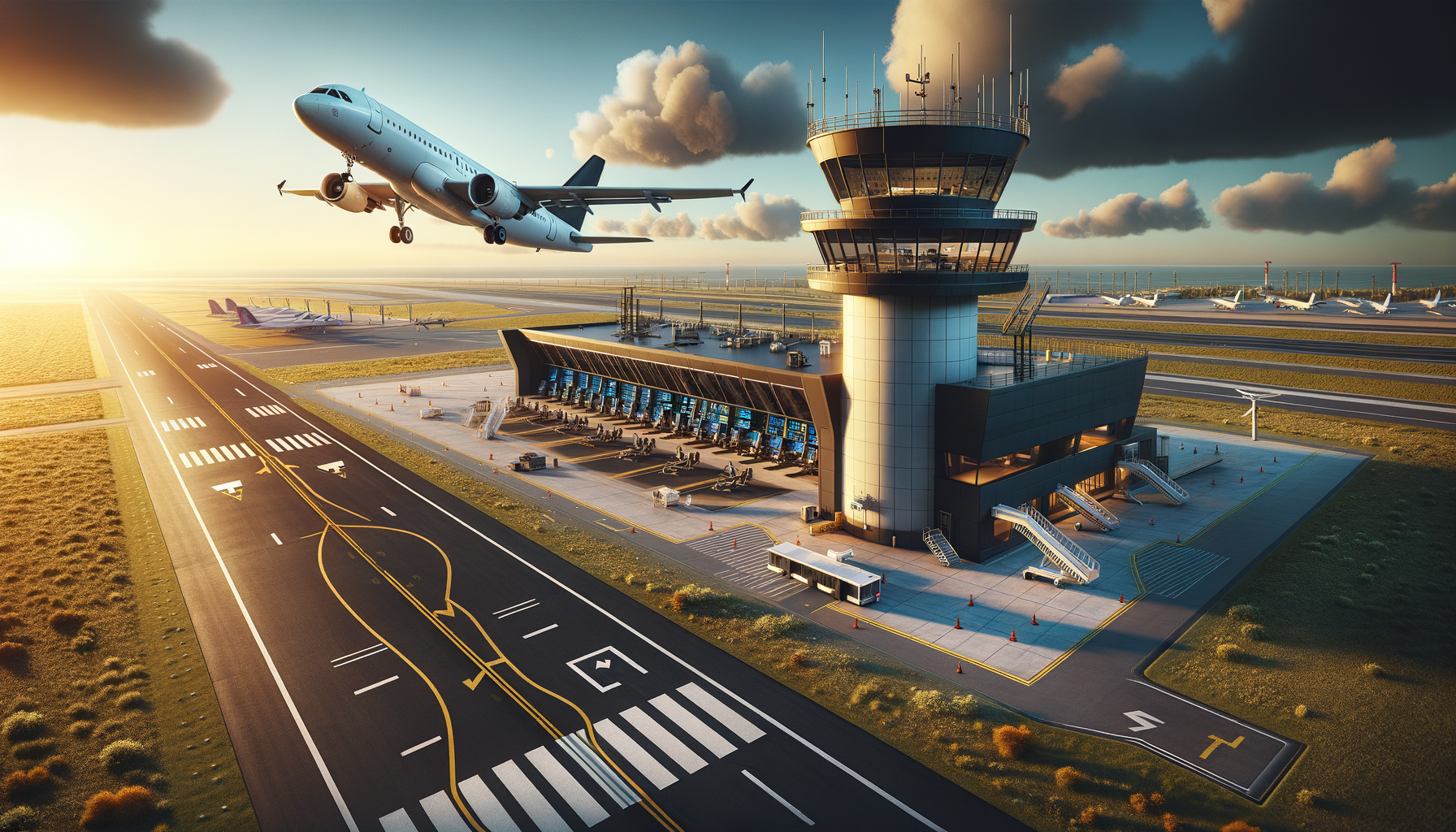
Aviation Training: Soaring to New Heights
Understanding the Basics of Aviation Training
Aviation training is a critical pathway for those aspiring to work in the aviation industry. It encompasses a wide range of skills and knowledge areas, including piloting, aircraft maintenance, air traffic control, and aviation management. Each of these areas requires specialized training programs that adhere to strict regulatory standards set by aviation authorities globally. For instance, pilot training involves a combination of theoretical knowledge and practical flying experience. Trainee pilots learn about aerodynamics, navigation, meteorology, and aviation regulations before they even step into a cockpit. Once they begin flying, they accumulate hours under the supervision of certified instructors, gradually moving from simulators to actual aircraft. Similarly, aircraft maintenance training covers detailed technical knowledge about aircraft systems, maintenance procedures, and safety protocols. This training ensures that future technicians can effectively maintain and repair aircraft, ensuring safety and reliability. The importance of aviation training cannot be overstated, as it forms the backbone of a safe and efficient aviation industry.
Technological Advancements in Aviation Training
The aviation industry has witnessed significant technological advancements that have transformed training methods. One of the most notable developments is the use of flight simulators, which provide a realistic flying experience without leaving the ground. These simulators are equipped with advanced software that replicates various flight conditions and emergencies, allowing trainees to practice and hone their skills in a controlled environment. Moreover, virtual reality (VR) technology is making its way into aviation training, offering immersive experiences that enhance learning. VR can simulate airport environments, aircraft interiors, and even emergency scenarios, providing trainees with a comprehensive understanding of real-world situations. Additionally, online training platforms have become increasingly popular, offering flexibility and accessibility to learners worldwide. These platforms often include interactive modules, video lectures, and assessments, catering to different learning styles. The integration of technology in aviation training not only improves the quality of education but also reduces training costs and time, making it more accessible to aspiring aviation professionals.
The Future of Aviation Training: Trends and Opportunities
As the aviation industry continues to evolve, so does the landscape of aviation training. One of the emerging trends is the focus on sustainability and environmental awareness. With increasing concerns about climate change, aviation training programs are incorporating modules on fuel efficiency, sustainable aviation fuels, and eco-friendly practices. This shift aims to prepare future aviation professionals to contribute to a more sustainable industry. Another trend is the emphasis on soft skills, such as communication, teamwork, and problem-solving. These skills are crucial for aviation professionals who must work collaboratively in high-pressure environments. Furthermore, there is a growing demand for diversity and inclusion in aviation training, encouraging participation from underrepresented groups. This inclusivity not only enriches the industry with diverse perspectives but also addresses the workforce shortage by tapping into a wider talent pool. As opportunities in the aviation sector expand, so do the possibilities for those entering the field. With the right training, aspiring aviation professionals can look forward to a dynamic and rewarding career.


